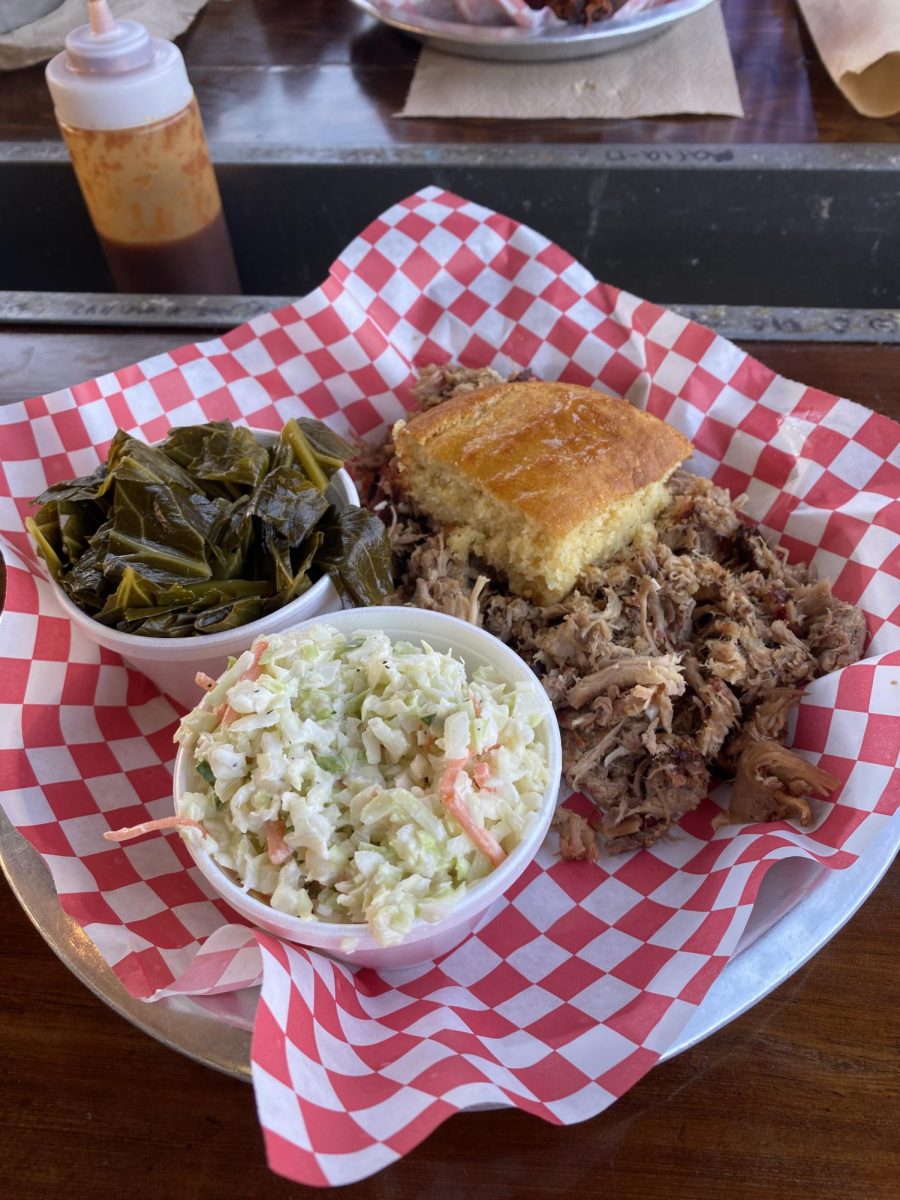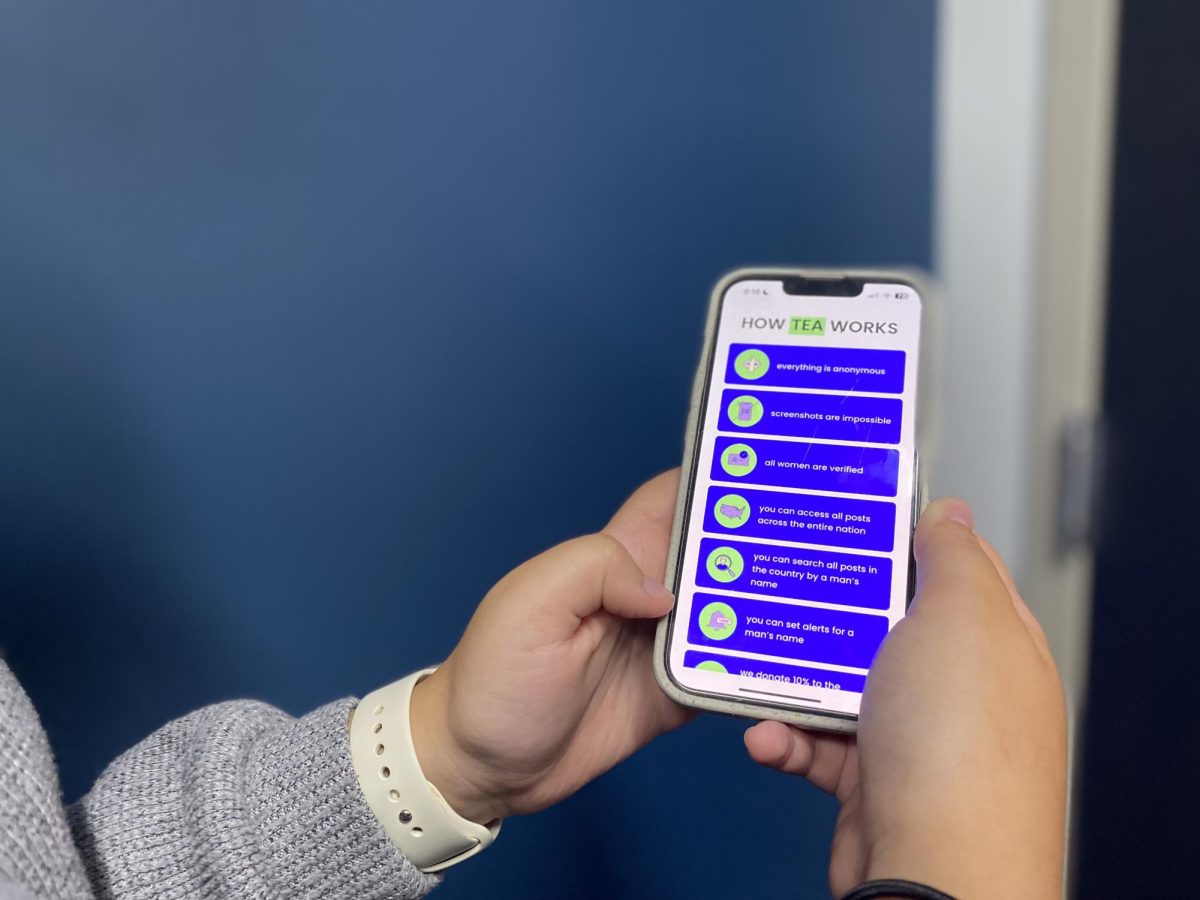Our society often condemns the idea of being alone, but there is something to be said for spending time by yourself. Being alone with your thoughts and giving yourself the space and uninterrupted time to let your mind wander without social distractions can feel intimidating. Despite this, being alone does not have to be a bad experience. Before diving into the many benefits of spending time alone, let’s think about what “alone” means. Simply put, alone means “just you.” Do not confuse time by yourself with loneliness.
Being alone just means you do not have others around, and that’s okay. In an article by Forbes, psychotherapist and mental strength author Amy Morin writes about six relevant reasons you should spend more time alone. According to Morin, alone time increases empathy and productivity, sparks creativity, helps you build mental strength, gives you an opportunity to plan your life and helps you know yourself. Being by yourself does take some getting used to, but it allows you to rest, think and feel without distraction and allows you to reset for the next week of your next season.
Being alone allows you to think and feel for yourself. In a day where everyone has opinions about everything, it is essential to create a space to think about challenges the week brought you. The isolation of 2020 into this year has presented an opportunity to help people everywhere develop a better understanding of who they are. The more you know and understand yourself, the more likely you will learn about things that interest you.
Being alone allows you to rest and reset. As college students, we are constantly on the go. With classes, internships, on or off-campus jobs, clubs and trying to get good grades with it all, sometimes it does not seem like we have a moment to ourselves. If we spend most of our time with other people, we always have to be “on.” Time alone is a fantastic way to slow down for a bit and reset for the upcoming week.
Treat your alone time the way you would treat plans with others. Do not bail on your time alone and do not confuse it with loneliness. Be open to exploring new interests in a book, podcast or YouTube channel. Create space in your life to put in the work to enjoy your valuable alone time, even if it’s just spending 30 minutes a week reading with something warm to drink!
When I first came to college, I found myself afraid of being alone, but over the last three years I have been learning that there is an art to being alone. If you work on it, you can bring a lot of positivity to your life!









